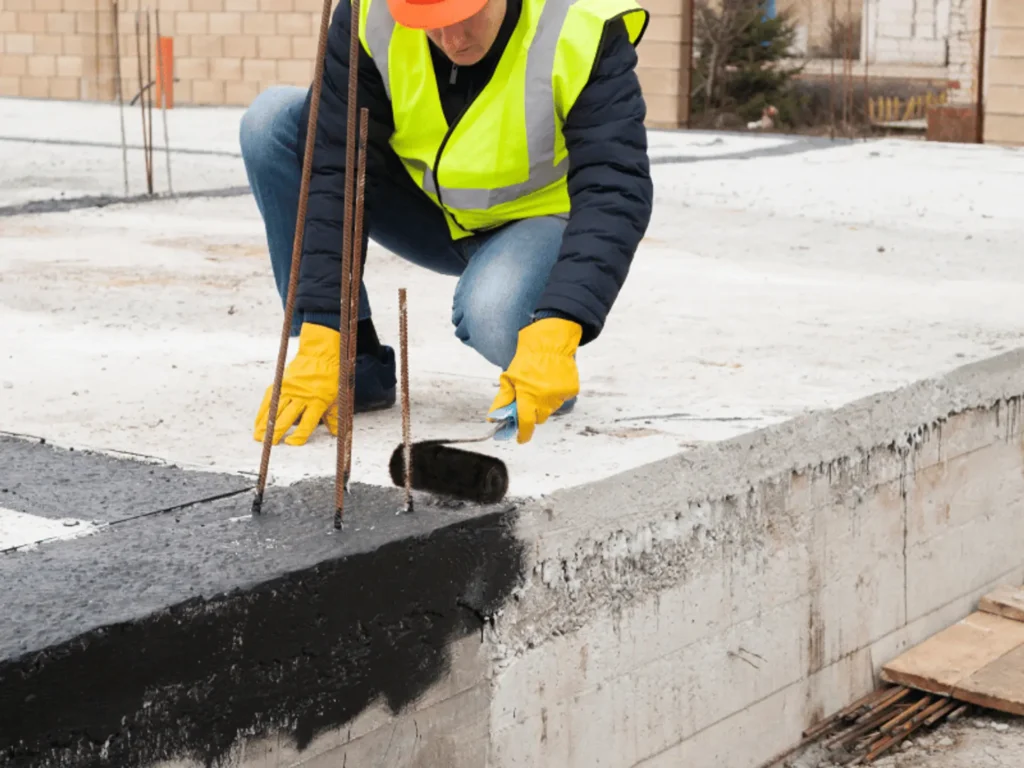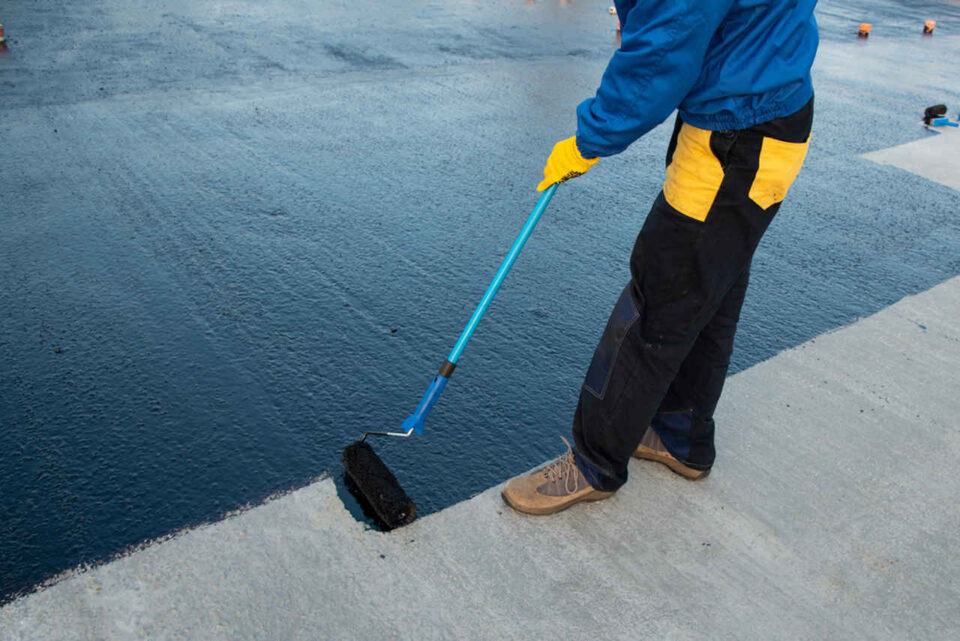Have you ever been taken aback by a surprise leak in your home, turning your cozy living spaces into a virtual water park? Ever wondered just how detrimental residual damp can be to your property value? And, perhaps most importantly, have you considered residential waterproofing as a foolproof way to safeguard your home from the torment of water damage? Let’s dig into this together! In this comprehensive guide, we aim to explore how residential waterproofing significantly affects property value, with a bird’s eye view on the waterproofing market, the process, its pros and cons, and how choosing to waterproof your home may well be the best investment you make for your architectural pride.
Water damage can wreak havoc on homes, invisibly eroding its worth until you’re looking at a substantive bill for structural repairs and lost property value. Residential waterproofing works as an unsung hero, discreetly safeguarding your home while also actively contributing to your property’s market value.
Why Residential Waterproofing Is Important
Do you know the most fascinating part about water damage? Its subtle infiltration! Mould, damp, and structural issues often sneak up on homeowners, unsuspecting of the lurking threat at hand. To illustrate, let’s consider Jack and Jill, two homeowners with identical houses, but with one key difference: Jack has invested in residential waterproofing, whilst Jill has not. Over time, Jack’s house resists the influence of water damage, whereas Jill’s property develops damp patches, lowered ceiling strength, and sagging roofs. As a result, if they ever decide to resell, the value of Jill’s home will significantly trail that of Jack’s.
Now, how can residential waterproofing preempt such problems? It primarily acts as a water repellent layer on your home’s most vulnerable points – your roof, walls, and even your basement, saving you from costly future repairs.
What Is Involved in Residential Waterproofing?
The world of residential waterproofing is complex and filled with technical jargon. But fear not! We’ve broken it down into digestible sections. The process includes the assessment of your property’s susceptibility to water-related issues, the selection of suitable waterproofing materials, the actual application, and a rigorous post-application inspection. Well-executed waterproofing should last for a considerable period of time, often spanning decades.

Who Are the Key Players in the Residential Waterproofing Market?
The residential waterproofing market is a busy landscape with a wide array of players to choose from. Companies such as Sika Group and Soprema Group lead the charge, offering high-quality waterproofing solutions backed by decades of experience. Deciding which team to trust for your home’s defense against water can be complex, and it is crucial to do some homework before making a decision.
When Should You Consider Residential Waterproofing?
So, when is the right time to embrace residential waterproofing? There is no bad time! Ideally, it should be a part of your initial construction process, however, it is never too late to invest in waterproofing. Whether you’ve experienced water damage or are prepping for possible future issues, the benefits of residential waterproofing stand steadfast.
The Pros and Cons of Residential Waterproofing
Like any home improvement undertaking, residential waterproofing has its pros and cons. The key benefits are clear – it fortifies your home against water damage, saves you money on repairs, and boosts your property value. On the flip side, it does require an upfront investment and the process might be disruptive to your daily routine.
In Conclusion: To Waterproof or Not to Waterproof?
In summary, the benefits of residential waterproofing by far outweigh its drawbacks. Despite the initial investment, the long-term paybacks secure your home’s structural stability, its aesthetic appeal, and your property’s market value. Ultimately, the choice is between investing now to repel water damage or spending later on repairs. Residential waterproofing is not just a protective measure against potential harm; it’s an insurance policy for your home’s material value, your comfort, and your peace of mind.

